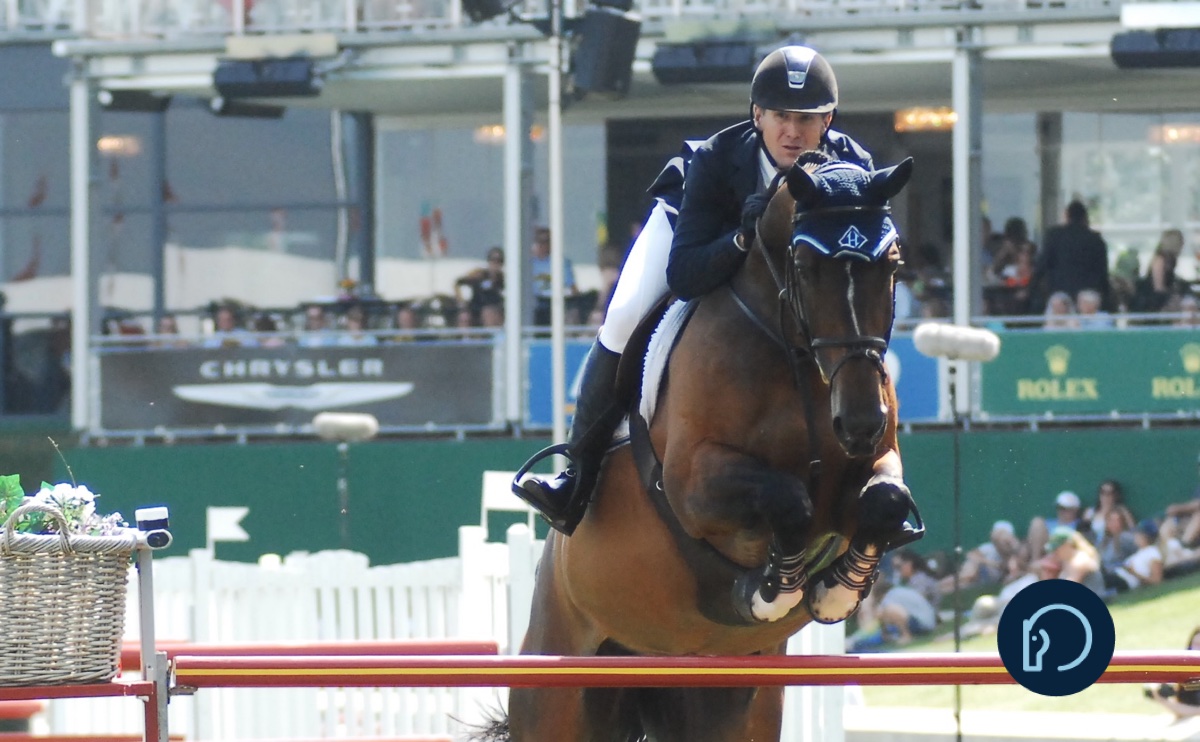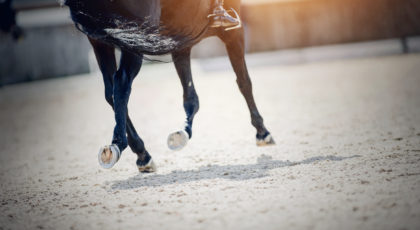Focus!
How many times have you heard that from someone at the side of the ring while you are competing? I know I hear it often as parents and coaches know the importance of keeping the mind of their young competitor on track.
Focus is a popular buzzword today…in everything. Because of the growing number of distractions around us, including non-stop advancements in technology, our attention spans seem to be shrinking to the point where it is difficult for people to keep their minds on a task for more than a few seconds.
I really became interested in the idea of focus while reflecting on my own professional sport career and realizing that I struggled with focus and keeping my mind and energy centered on my plan to win professional events. I found that my emotions would knock me off my focus (emotions gone wild) and hurt my chances of being a consistent contender. Negative emotions like frustration and anger wreaked havoc and often kept my focus on the past or rushing into the future—exactly where I didn’t want it. Because of this challenge, the real competition was always inside of me.
You might know the feeling. Hit a rail or have a bad ride and you find it difficult to get your mind back in the game and create the right internal environment to complete the course or show your potential in the next class. Some call it being “frazzled.”
Dan Goleman, author of Focus: The Hidden Driver of Excellence, explains that we’re also prone to emotions driving focus when our minds are wandering, when we are distracted or when we have information overload—or all three. Think about how this might apply to you in a typical show.
Consider a rider like McLain Ward who has stated that working on his mental and emotional game has helped him achieve greater heights in showjumping. That work includes sharpening his focus. A more focused mind has contributed to his consistent riding in the past few years. Focusing on the right things outside of the ring to avoid distractions, and focusing on the right things in the ring with partner HH Azur makes performing on the challenging Grand Prix circuit easier.

Emotions out of the ring impact performance in it
Something that’s interesting when I work with high-level athlete clients, including equestrians: their focus is often muddled by events that have happened outside of the ring, not in it. Something may have happened at home, in the car, or they are worried about something else in their lives that creates anxiety and hinders them from bringing full focus to the ring.
For this reason, attention must be given to what’s going on outside of the ring. Those emotions must be acknowledged and expressed, helping to create a clear mind to focus on the task at hand—riding your partner to the best of your ability.
What causes you to lose your focus?
Focus is certainly one of the keys to performance excellence. Many performance problems, including a lack of self-confidence, can be traced to problems in the area of focus. The more you lose your focus and detach from the moment, the more difficult your riding will be.
What causes you to lose focus in the ring? Could it be other riders, outside of the ring distractions, coaches yelling, too much emphasis on the outcome (where you will finish), unacceptable mistakes, anticipating parts of the course that are coming later, taking a rail, unforced errors? Everyone is different—you might have other factors that impact your focus. As a little exercise, make a list of things that can distract you.
A few ideas to improve your focus
We all know that functional practice is critical to great performance in the ring and in any sport. Part of your practice should be working on your mental/emotional game, like Ward. Similar to hacking, flatwork or jump schools, time and effort is required to build your mental and emotional “muscles” and use all of your abilities.
Here are 7 suggestions to help you build those muscles and improve your focus in the ring:
- Be aware of what’s going on outside of the ring emotionally. So the negative energy doesn’t disrupt your focus in it. Express emotions created outside of the ring before you arrive in the ring.
- Construct a routine that works for you. Simple, comfortable, reliable actions that put your mind on the task in training will create consistency and predictability in your behavior and start your process of performing in the ring.
- If you find yourself drifting, bring yourself back to the center. Simply asking yourself “where’s my focus?” will create awareness and help bring you back to the task at hand.
- Accept that there are things in riding you can and can’t control. Identify what they are and only put focus on those things within your control. Consider this carefully and understand the difference.
- Consider a very short, quiet mindfulness session each day focusing on your breath. In this mental fitness session, the more you catch your mind wandering off and bring it back to concentrating on the breath, the more your concentration muscles strengthen. An App like HeadSpace can help bring commitment to this practice.
- Eat high-protein, low-carb meals before riding. Carbs cause quick crashes while proteins turn into brain fuel more slowly, providing a steady energy level to help to sustain focus.
- Focus declines quickly when you are tired. And there’s an epidemic of sleep deprivation! Enough sleep can make a significant difference in helping keep your mind on the ride.
Focus is essential in your riding and in everything you do. Get to know what allows you to be focused on important tasks. This will help you maximize your abilities and take advantage of all the work you do to become the rider you aspire to be.
About the Author
John Haime is President of New Edge Performance. A former professional athlete and current bestselling author of You are a Contender! Build Emotional Muscle to Perform Better and Achieve More…in business, sports and life, John understands how athletes think and feel…he’s been there—under the most intense pressures of amateur and professional sports. John coaches athletes in all sports and is trusted by some of the world’s leading athletes—professional and elite amateur. See www.johnhaime.com to learn more.


 October 13, 2017
October 13, 2017 

























